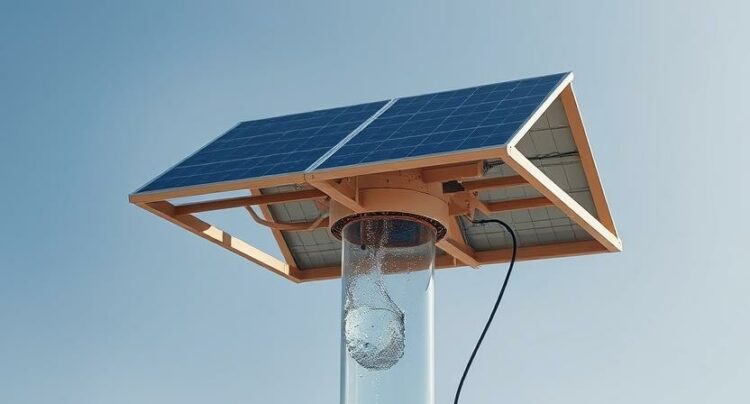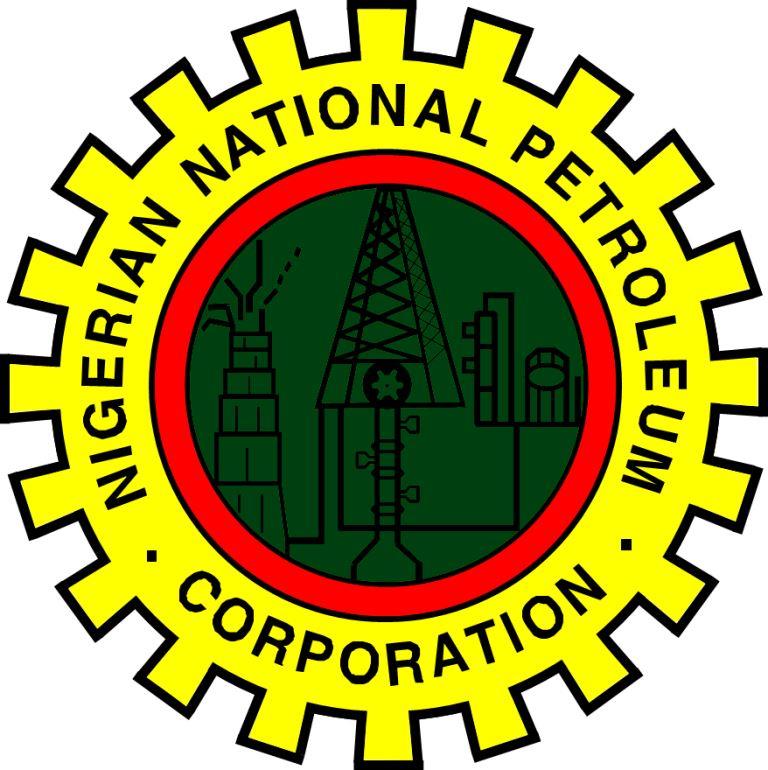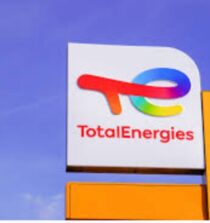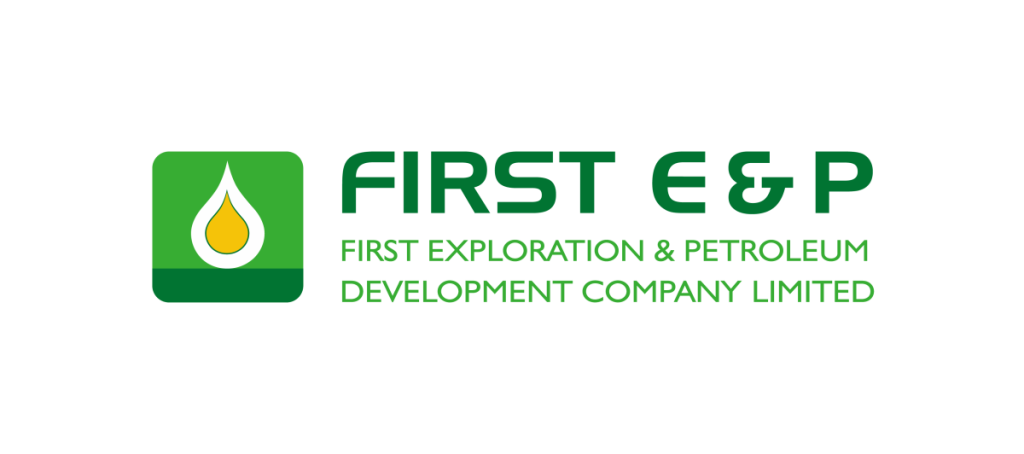The Nigerian National Petroleum Corporation (NNPC) has concluded arrangement for the historic groundbreaking of the 40inch x 614km Ajaokuta – Kaduna – Kano (AKK), gas pipeline and stations in the weeks ahead.
The corporation said following last week’s successful execution of contract agreements for the engineering, procurement, construction, commissioning and financing for Lots 1 and 3 of the over $2.8billion trans-Nigeria gas pipeline project, measures had been activated for the flag-off of what has been described as the single biggest gas pipeline project in the history of oil & gas operation in Nigeria.
Upon completion, 24 months from now, the AKK gas pipeline would enable connectivity between the East, West and North, currently non-existent. It would also enable gas supply and utilization to key commercial centres in the Northern corridor of Nigeria with the attendant positive spin-off on power generation and industrial growth.
Providing details of the contract awarded to consortium of indigenous and Chinese entities under a 100 per cent contractor financing model, the NNPC said Lot 1 with total length of 40inch x 200km stretching from Ajaokuta to Abuja Terminal Gas Station awarded to the OilServe/Oando Consortium had a contract value of about $855million.
Lot 2 whose contract agreement is yet to be executed covers 40inch x 193km, stretching from Abuja to Kaduna with contract value of about $835 million.
The NNPC said Lot 3 which runs from Kaduna Terminal Gas Station (TGS) to Kano TGS with total length of 40inch x 221km was awarded to the Brentex/China Petroleum Pipeline Bureau (CPP) Consortium under a contract value of about $1.2 billion.
The above brought the total value of the entire project to over $2.8billion as approved by the Federal Executive Council at its 46th meeting on 13th December, 2017.
For so long, NNPC had activated an aggressive gas reforms and implementation drive, requiring accelerated implementation of gas pipeline infrastructure development with specific focus on critical pipeline infrastructure to power plants and industries.
Between 2010 and today, almost 500km of pipelines had been completed, commissioned and now delivering gas. Some of the completed pipelines included the Oben-Geregu (196km), Escravos-Warri-Oben (110km), Emuren-Itoki (50km), Itoki-Olorunshogo (31km), Imo River-Alaoji (24km) and Ukanafun-Calabar pipeline (128km).
In addition, there is ongoing construction of the strategic East-West OB3 pipeline (127km), scheduled for completion by Q3 2018 and the expansion of the Escravos-Lagos Gas Pipeline System scheduled for completion later in 2018.
With the growth in infrastructure, gas, hitherto inaccessible and flared, is now being utilized. Nigeria had seen the most aggressive drop in gas flaring from a peak of 2500mmcf/d few years ago to about 700mmcf/d currently and reducing








